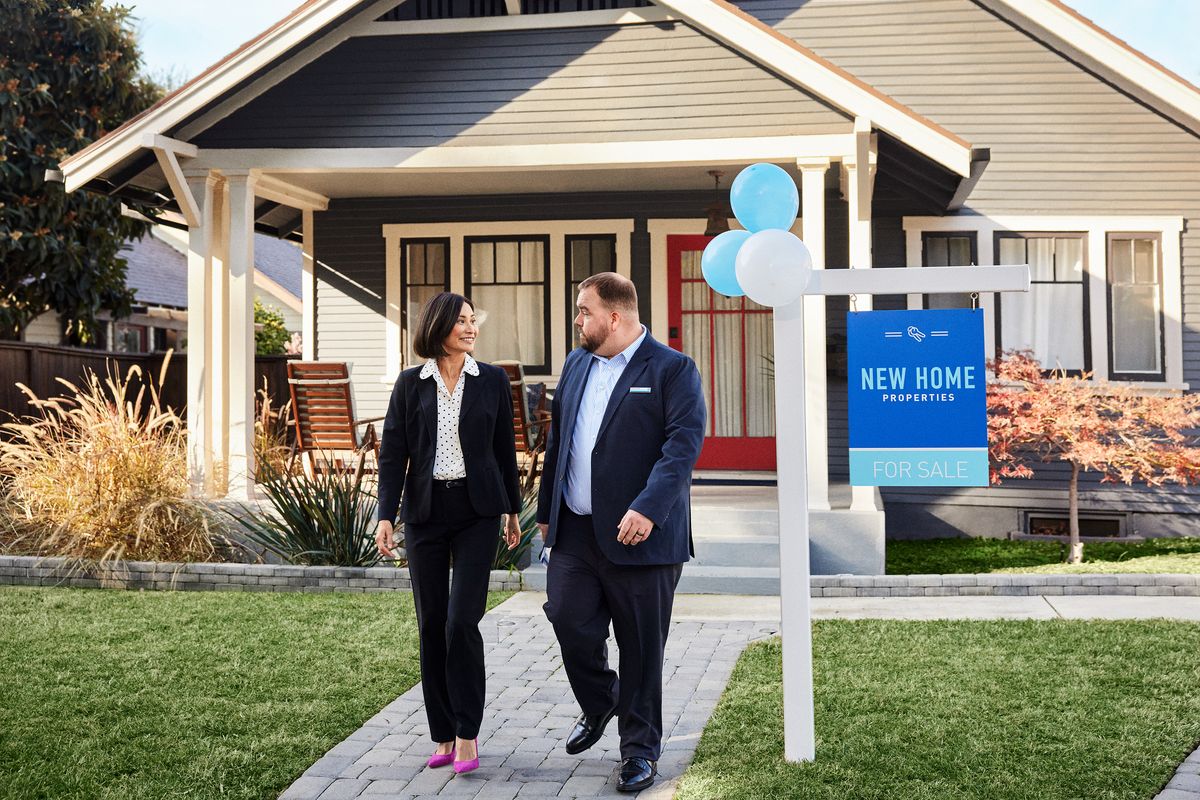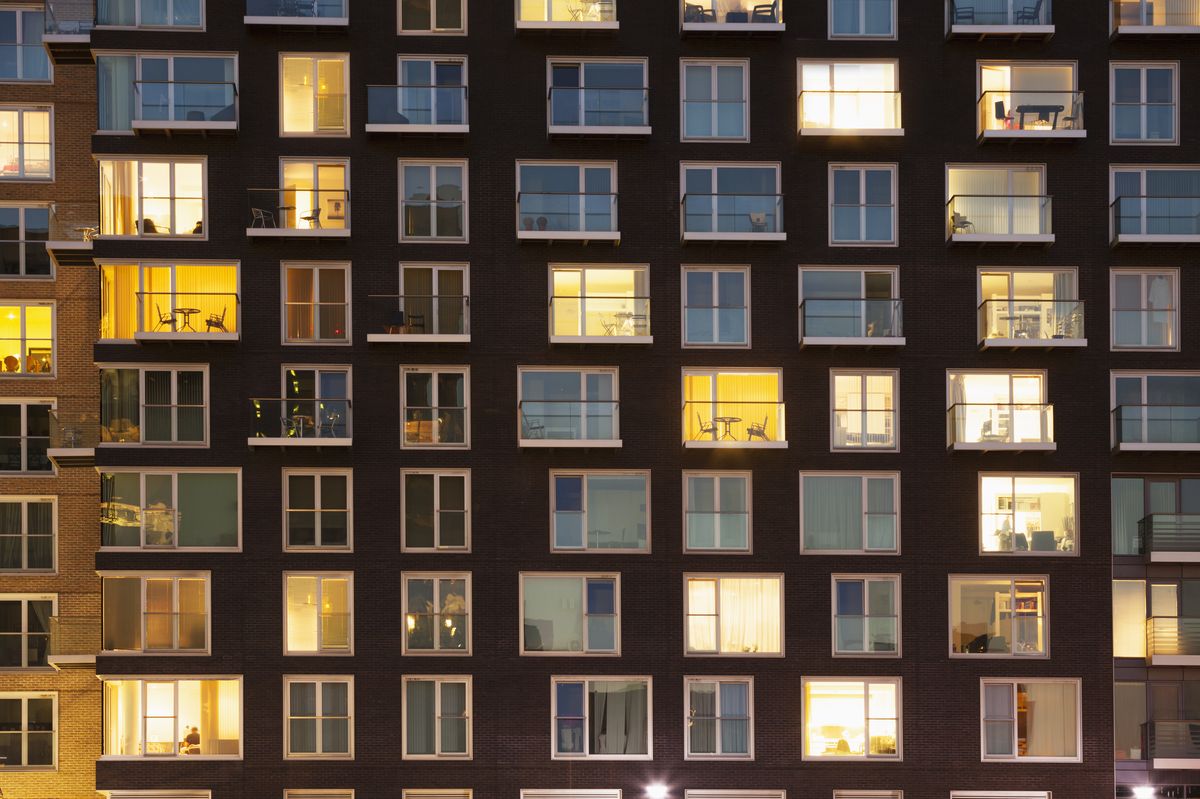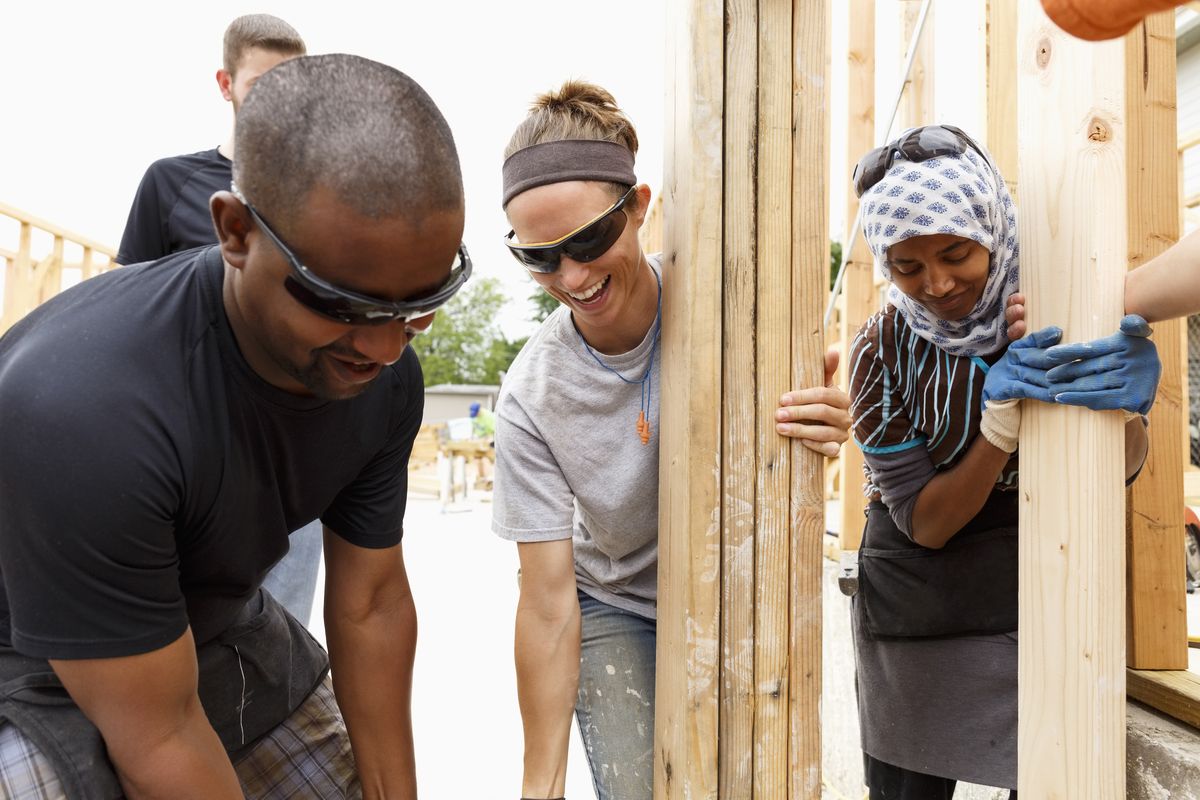| |  | | | | Advancing Affordable Homeownership Smart Brevity® count: 4 mins...1050 words JPMorgan Chase is committed to driving inclusive growth by helping to create more affordable and equitable housing solutions for all. Our two-pronged approach focuses on both... -
The supply side — ensuring new affordable housing comes on the market, keeping current housing affordable, and testing new models that break down systemic barriers to increasing housing affordability and supply. -
The demand side — promoting access to equitable financing products, expanding responsible credit, and helping homeowners build wealth that can be passed on to future generations. We've made significant progress with this approach, and we're excited to share some highlights of our approach and the impact we're seeing in communities across the country. |
| 1. We're taking a firmwide approach to housing affordability...  Our businesses help drive change in communities across the U.S. through innovative financing and collaboration. To date, our firm has: -
Financed $12 billion to create or preserve more than 95,000 affordable units nationwide to help thousands of families access stable housing in 2022. -
Lent $190 million in 2022 to Community Development Financial Institutions (CDFIs), mission-driven lenders that support affordable housing, community facilities and small businesses. -
Expanded the Chase Home Lending $5,000 Homebuyer Grant, which is now available for customers purchasing a home in more than 15,000 majority Black and Hispanic/Latino communities. Beyond financing, new products like our savings calculator on Chase MyHome are helping Chase customers budget for a new home or save on their current payments. The bottom line: "Affordable, sustainable homeownership is essential to building strong communities and generational wealth. Businesses, community leaders and policymakers must work together to address housing stability and affordability to fundamentally change the housing market." - Mark O'Donovan, CEO of Chase Home Lending. |
| 2. ...and we are advancing evidence-based policy solutions  Overlapping forces — high interest rates, inflation, and a shortage of affordable homes — are pushing homeownership further out of reach for many Americans. -
But: Now is the time to design new solutions that alleviate barriers for undeserved homeowners, including Black, Hispanic, and low-income individuals. Where to start: We analyzed the latest data and trends to generate new evidence-based insights and actionable solutions to advance sustainable homeownership, including... -
Leveraging public funds to help homebuyers meet down-payment requirements — something HUD could help accelerate by promoting Special Purpose Credit Programs. -
Building a sustainable mortgage servicing ecosystem to support homeowners and increase their awareness of mortgage forbearance and loss mitigation options. -
Launching housing policies that eliminate bias in property valuation to support housing stability and wealth building, while shrinking the racial wealth gap. -
Building and preserving generational wealth by addressing heirs property, or property inherited by multiple family members in the absence of a will. This leads to an increased risk of property loss that disproportionately affects minority families. Keep reading: Our latest Institute research pulls new insights from COVID-19 refinancing trends, exploring mortgage affordability and refinancing costs across race, ethnicity, and income. |
| 3. An update on our $400M commitment We are now two years into our $400 million five-year philanthropic commitment to improve housing affordability for underserved communities. -
Our impact: This work has helped local organizations to preserve or create more than 13,000 affordable housing units and serve more than 46,000 households across the U.S. -
Our progress: We've committed $235 million to date in low-cost loans, equity investments and grants to over 150 organizations across the U.S. to help boost housing supply. Zoom out: Our support enables our grantees to demonstrate the potential of their innovative models, which helped them attract an additional $680 million in public and private capital to further their work. Bottom line: "Economic opportunity starts in communities. That's why we must work with local organizations that can better identify community needs and pursue innovative housing solutions," said Abigail Suarez, Head of Neighborhood Development at JPMorgan Chase. |
| 4. We help bring equitable housing to cities across the U.S.  Our five-city program — Connecting Capital and Community (3C) — in partnership with Center for Community Investment supports charitable programs that aim to advance equitable housing solutions including constructing new homes and preserving existing homes in DC, Miami, Seattle, Chicago, and Los Angeles. Zoom in: In DC and LA, we are supporting local organizations to help grow housing supply especially in underserved communities. -
The Coalition For Non Profit Housing and Economic Development is leading a collaborative of organizations in DC working to increase and preserve the supply of small building affordable housing and supporting residents becoming small building owners to build wealth. -
Genesis LA is working to reduce displacement for underserved communities across LA through new construction and preservation strategies through public, private and nonprofit partnerships. Keep reading: See how our Impact Finance team uses loans and equity investments, with organizations like MSquared and Habitat Mortgage Solutions, to advance inclusive growth. |
| 5. Community spotlight: Our Work with National Housing Trust We're proud to support the National Housing Trust (NHT), a housing nonprofit (including CDFI) working to tackle DC's longstanding housing shortage and meet dire forecasts of rising demand and climate pressures. Our POV: Supporting community organizations like NHT is critical to promoting strong, diverse capital ecosystems. Case in point: Recent data indicates the region needs 320,000 additional homes by 2030, a challenge NHT is tackling with a series of philanthropic capital from JPMorgan Chase. -
As part of the Purple Line Collaborative—to which we deployed $5 million—NHT financed over 1,000 homes in Maryland and DC to date. -
A $8 million Flexible Capital loan we committed to NHT will allow them to scale new models of financing for small-site affordable housing in Wards 7 and 8 and larger properties along the Purple Line corridor. |
| Closing thought from Tim Berry, Global Head of Corporate Responsibility, JPMorgan Chase: "We are combining our unique resources including business, philanthropy, research and policy expertise to help increase access to capital and inventory of sustainable housing opportunities. We are committed to creating tangible solutions that help everyday Americans." | | |  | |
Comments
Post a Comment